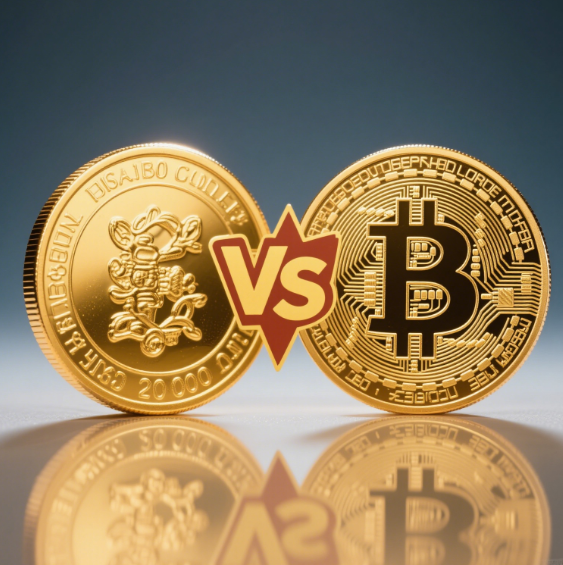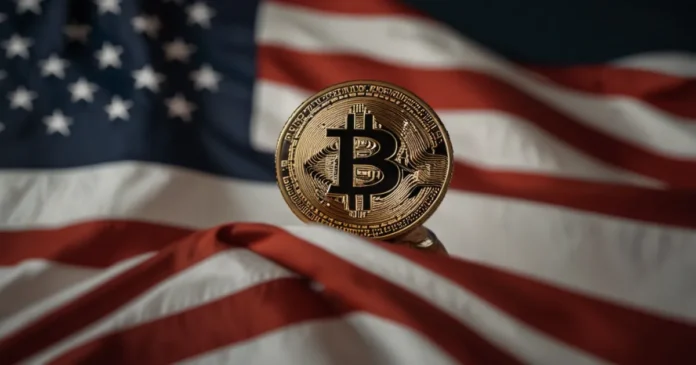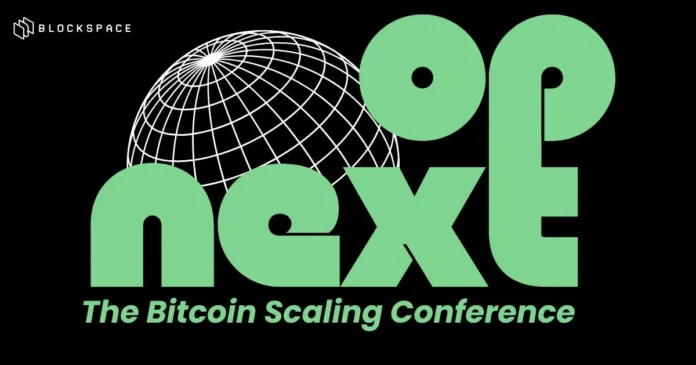In the world of investing, the concept of a safe haven is like a sanctuary, especially during turbulent times. Global economic uncertainty, geopolitical risks, and inflation have led many investors to seek safe assets. So, in the battle of traditional safe havens—gold and the emerging digital currency—Bitcoin, which one can better protect your wealth in the storm? This article will delve into the characteristics of both, helping you make a more informed choice in a turbulent market.

Gold: An Ancient Refuge
Gold has been a store of value for thousands of years. Throughout history and across cultures, gold has been synonymous with “safe assets.” During periods of economic uncertainty, investors often flock to gold. Here are some notable characteristics of gold:
Historical Legacy: Gold is not just a precious metal; it's a cultural symbol intertwined with many significant moments in human history. Its history as currency dates back to 2500 BC, and it is still held by central banks around the world today.
Hedge Against Risk: In times of stock market crashes, inflation, or political unrest, gold usually retains its value, and may even appreciate. This makes gold highly sought after during uncertain times.
High Liquidity: The gold market is global and allows for easy buying and selling, making it relatively liquid.
Less Government Influence: Although monetary policies can affect gold prices, it is not dependent on the credit of any particular government or central bank.
However, gold is not without its downsides. It does not generate cash flow, and holding gold incurs extra costs like storage and insurance. More importantly, its price increases are often more limited compared to other assets like stocks.

Bitcoin: The New Darling of the Digital Age
Launched in 2009, Bitcoin quickly became an essential part of modern investment portfolios as a decentralized digital currency. Here are some core traits of Bitcoin:
Scarcity: The total supply of Bitcoin is capped at 21 million, creating a sense of scarcity that provides value protection during inflationary periods. In contrast, most fiat currencies can be printed at will.
High Transparency: Bitcoin transactions are recorded on a blockchain, making them transparent and accessible for anyone to review. This transparency enhances trust.
Globalization and Convenience: Bitcoin can be transferred quickly across the globe without intermediaries, and transaction fees are relatively lower. Additionally, its liquidity is continuously improving as more trading platforms support Bitcoin transactions.
Inflation Hedge: In countries, especially where the currency has depreciated significantly, Bitcoin is viewed as an effective hedge against inflation.
Of course, Bitcoin comes with inherent risks. Its price is highly volatile, often influenced by market sentiment, news events, and regulatory changes, which can lead to substantial losses in a short time. Moreover, the lack of a mature regulatory framework introduces security concerns and other risks for investors.
Direct Comparison: Choosing Between Gold and Bitcoin
Volatility
Gold: Relatively stable with lower volatility, suitable for risk-averse investors.
Bitcoin: Extremely volatile with significant short-term price fluctuations, more suitable for risk-tolerant investors.
Credibility
Gold: Its long historical legacy and widespread acceptance give gold a credibility edge.
Bitcoin: As a newer asset, it has gained considerable attention, but it still exists in the phase of building trust.
Future Prospects
Gold: There remains a demand for traditional safe havens, albeit with limited growth potential.
Bitcoin: Seen as the future of digital currency, many institutional investors are progressively entering the space, but the market is still developing.
Investment Avenues
Gold: Can be invested through physical gold, gold ETFs, and gold futures, among other methods.
Bitcoin: Primarily traded on exchanges, with wallet management requiring some technical knowledge.

Regulatory Environment
Gold: Has relatively mature regulation globally, with clear market rules.
Bitcoin: Its legal status remains unclear in many countries, exposing it to regulatory risks.
Conclusion
In a turbulent market environment, gold and Bitcoin each have their advantages. Gold offers stability and is ideal for those seeking value preservation, while Bitcoin, as an emerging asset, presents higher risks but also high reward potential. If you prefer a secure way to preserve value, gold is undoubtedly the safer choice; if you are willing to take risks for greater rewards, Bitcoin may be a more attractive option.
Ultimately, the wise choice stems from a deep understanding of your own risk tolerance and investment goals. Regardless of which asset you choose, this journey is a process of learning and growth. We hope this article provides insights and assistance for your investment decisions.
















No comments yet